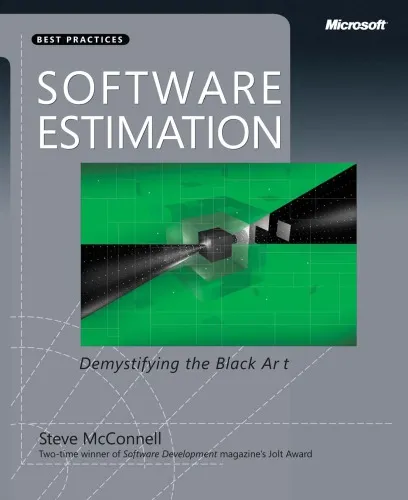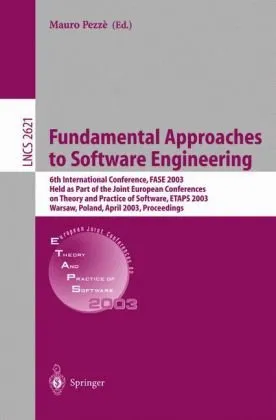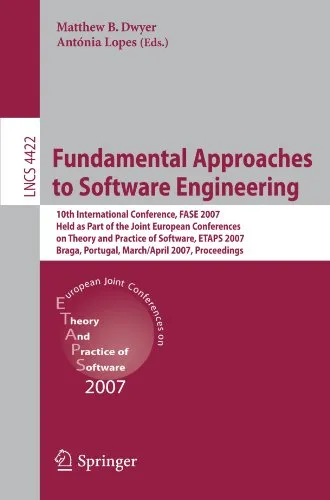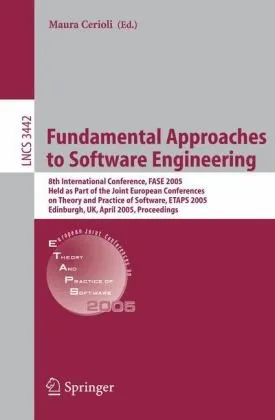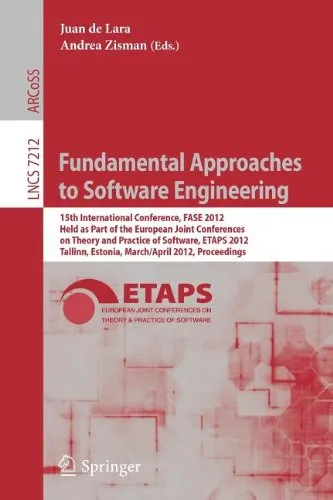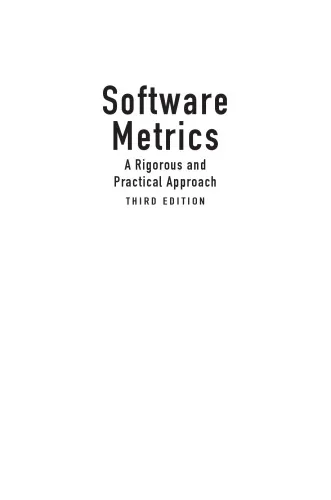Laboratory in Software Engineering (EECS 6170)
4.5
Reviews from our users

You Can Ask your questions from this book's AI after Login
Each download or ask from book AI costs 2 points. To earn more free points, please visit the Points Guide Page and complete some valuable actions.Related Refrences:
Introduction to "Laboratory in Software Engineering (EECS 6170)"
"Laboratory in Software Engineering (EECS 6170)" is a comprehensive guide designed to bridge the gap between theoretical foundations and practical applications in software engineering. This book serves as both an educational resource and a hands-on laboratory manual for students, researchers, and professionals who seek to deepen their understanding of software development processes, methodologies, and tools. It reflects years of academic rigor, industry insights, and a focus on problem-solving to help learners excel in software engineering practice.
As part of the EECS 6170 curriculum, this book emphasizes the integration of collaborative teamwork, systematic design principles, and the crafting of reliable and maintainable software systems. By combining detailed explanations with interactive, project-based learning, it equips readers with the skills necessary to succeed in both academic and professional environments. Whether you're new to the field or someone looking to polish your knowledge, this book is a timeless resource that will facilitate your growth in software engineering.
Detailed Summary of the Book
The book is carefully structured to take the reader on a journey through the core aspects of software engineering. It consists of several chapters, each dedicated to critical topics such as requirements engineering, software architecture, testing methodologies, and agile and iterative development. The material is presented in a manner that balances theory and practice, encouraging readers to engage with real-world examples and case studies.
One of the standout features of the book is its inclusion of practical lab assignments. Each assignment is designed to simulate real-world challenges, allowing readers to apply concepts learned in the chapters. Topics such as design patterns, software maintenance, and version control systems like Git are backed by tasks that reinforce these principles through experiential learning.
Furthermore, the book delves into emerging technologies and trends in software engineering, such as DevOps practices, cloud-based development, and the use of artificial intelligence in software testing. It ensures that readers are not only well-versed in foundational concepts but also remain current with evolving industry demands.
Key Takeaways
- A solid understanding of how to apply software engineering principles to solve real-world problems.
- Detailed guidance on methodologies such as waterfall, agile, and hybrid approaches.
- Practical experience through step-by-step lab exercises and real-world projects.
- Knowledge of modern tools and frameworks such as version control systems, automated testing platforms, and CI/CD pipelines.
- A focus on collaboration and team-based engineering, preparing readers for work in multidisciplinary environments.
Famous Quotes from the Book
The book is rich with insights and thought-provoking ideas that resonate with software engineering professionals. Here are a few notable quotes:
"Good software design emerges not from intuition, but from systematic analysis and iterative refinement."
"Effective collaboration is the cornerstone of scalable, maintainable, and impactful software systems."
"In a world of evolving technologies, the ability to learn and adapt is as vital as technical expertise."
Why This Book Matters
In the rapidly progressing field of software engineering, staying informed and skilled is critical. "Laboratory in Software Engineering (EECS 6170)" plays a pivotal role by equipping learners with the necessary tools to thrive in this arena. The book matters because of its unique blend of theory and practical application, which prepares readers to tackle complex engineering challenges with confidence.
Additionally, the emphasis placed on collaboration, ethical considerations, and sustainability ensures that this book molds well-rounded professionals who can contribute meaningfully to the global tech ecosystem. Whether you're a student, an instructor, or a software developer, this book provides invaluable insights and tools to refine your craft and advance your career.
Ultimately, this book is more than just a learning resource. It is an invitation to engage with the art and science of building robust, efficient, and innovative software systems. By grounding its teachings in real-world scenarios and cutting-edge methodologies, it empowers readers to excel in their disciplines and make a lasting impact on the software engineering community.
Free Direct Download
You Can Download this book after Login
Accessing books through legal platforms and public libraries not only supports the rights of authors and publishers but also contributes to the sustainability of reading culture. Before downloading, please take a moment to consider these options.
Find this book on other platforms:
WorldCat helps you find books in libraries worldwide.
See ratings, reviews, and discussions on Goodreads.
Find and buy rare or used books on AbeBooks.
1233
بازدید4.5
امتیاز0
نظر98%
رضایتReviews:
4.5
Based on 0 users review
Questions & Answers
Ask questions about this book or help others by answering
No questions yet. Be the first to ask!
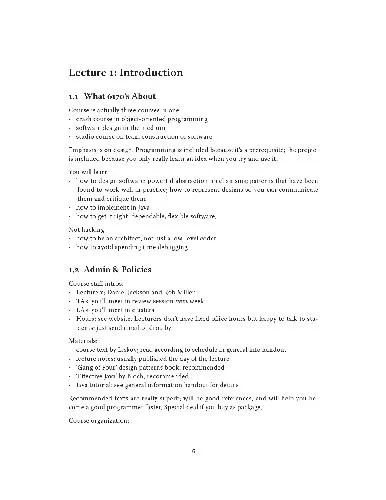
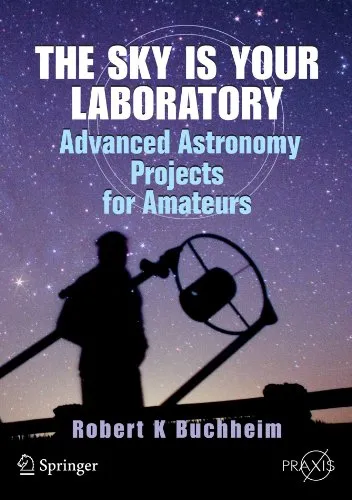
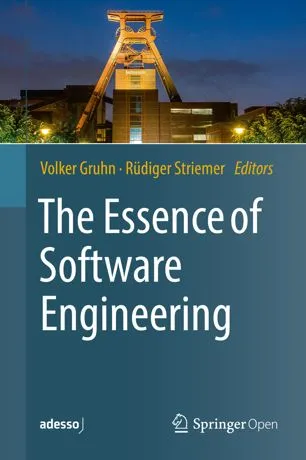
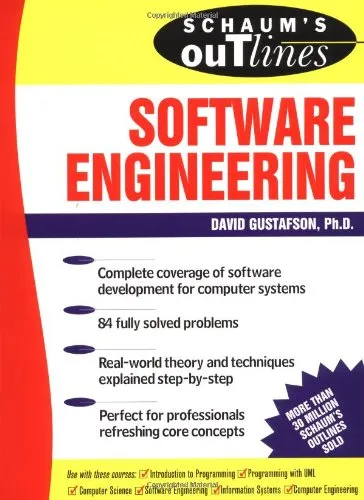
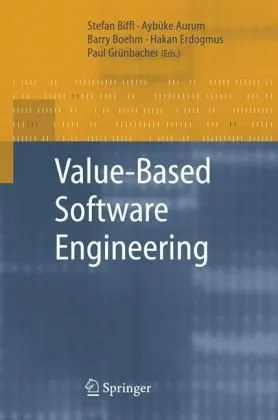
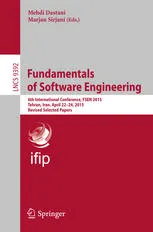
![Fundamentals Of Software Engineering, 5Th Ed [Paperback] Mall](https://s3.refhub.ir/images/thumb/Fundamentals_Of_Software_Engineering__5Th_Ed__31573.webp)
